‘Deepen The Dialogue’ Initiative Targets Japan’s Gender Inequality
The ongoing event has a grass-roots feel backed up with strategic goals
Deepen the Dialogue, a Tokyo-based movement to fight gender inequality, is modeled after a concept by the late cultural anthropologist Margaret Mead: “Never doubt that a small group of thoughtful, committed citizens can change the world…” Its third event is coming up in the next few months.
What can employees in Japan do right now to tackle workplace gender inequality? In a bid to answer questions like this, Deepen the Dialogue, was held once again in Tokyo on March 1 at the IBM Japan Headquarters. And this time, the workshop brought together men and women from more than 40 companies, all of whom share a similar drive: they need change and are ready to contribute with whatever they can to establish it.
This was the second event from the relatively new initiative that kicked off last December. Each quarterly Deepen the Dialogue (DTD) event is open to any interested participants. The hope is to improve the notoriously poor workplace culture for women in Japan that is perpetuated by gender roles that also, as a result, negatively affect men. Another goal is to involve as many people as possible from different circles, and as the name suggests — to go deeper than a venting session to accomplish substantial change.
‘Never doubt that a small group of thoughtful, committed citizens can change the world.’ — Margaret Mead
Zane Zumbahlen, a U.S.-native and the vice president of human resources at IBM Japan, is the main organizer of the workshop series. After attending many diversity conferences in Japan, Zumbahlen said he saw an opportunity to create an “experiment in progress” that could address short-and long-term workplace issues that still very much adhere to old-fashioned gender roles.
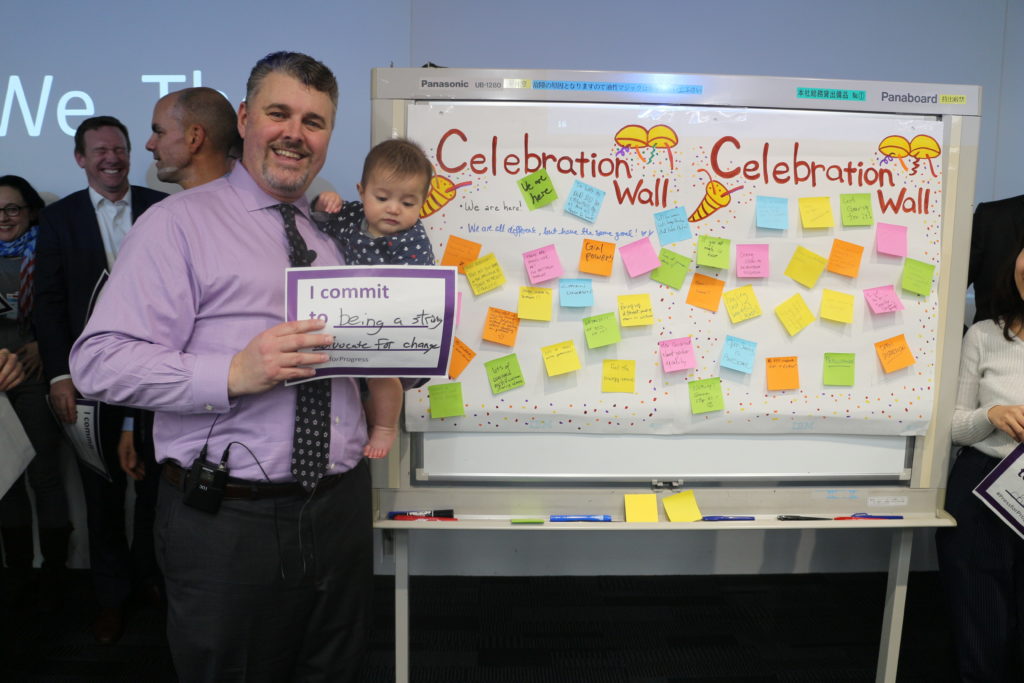
Zane Zumbahlen, of IBM Japan, along with his friend’s child at the second Deepen the Dialogue event held on March 1, 2018, in Tokyo. Photo by Victoria Vlisides.
DTD is modeled after a concept by the late cultural anthropologist Margaret Mead: “Never doubt that a small group of thoughtful, committed citizens can change the world,” Zumbahlen said. It also leans toward a shifting away from the gender equality movement as an issue about women for women. Instead of modeling it after other conferences that are built on listening, learning, networking and considering deployment of ideas in one’s own organization, DTD’s focus is to “share, talk, create, network, partner, own and experiment in a group-cohesion fashion,” Zumbahlen said.
[The event] leans toward a shifting away from the gender equality movement as an issue about women for women.
Zumbahlen has a volunteer support team including Amanda Chehrezad, who works at the Girl Scouts of America branch in Japan and Graeme Smith, a New Zealander who is the director HR marketing and sales Japan at Philip Morris International, as well as other staff from IBM Japan. While IBM is an organizer and perhaps a model company with 39 female executives and seven female vice presidents, the event itself is to address issues in Japan as a whole.
Who attends and why?
For the March event, the 3-hour long weekday-night workshop started with networking time and guest speakers like Tokyo-based diversity and inclusion consultant Jennifer Shinkai, minister-counselor for public affairs at the U.S. Embassy-Tokyo Margot Carrington, as well as Zumbahlen as emcee.
That kicked off a high-energy night of small-group discussion for the 88 attendees — 23 men and 65 women, of whom roughly 60 percent were foreign and 30 percent Japanese. The group included parents and high schoolers, as well as more than 16 high-level managers and beginner-to-mid-level employees from companies like Apple, McDonald’s, Phillip Morris, 3M, Link Motivation and the Tokyo American Club. Sessions are mostly in English, but one future goal is to make it more bilingual, Zumbahlen said.
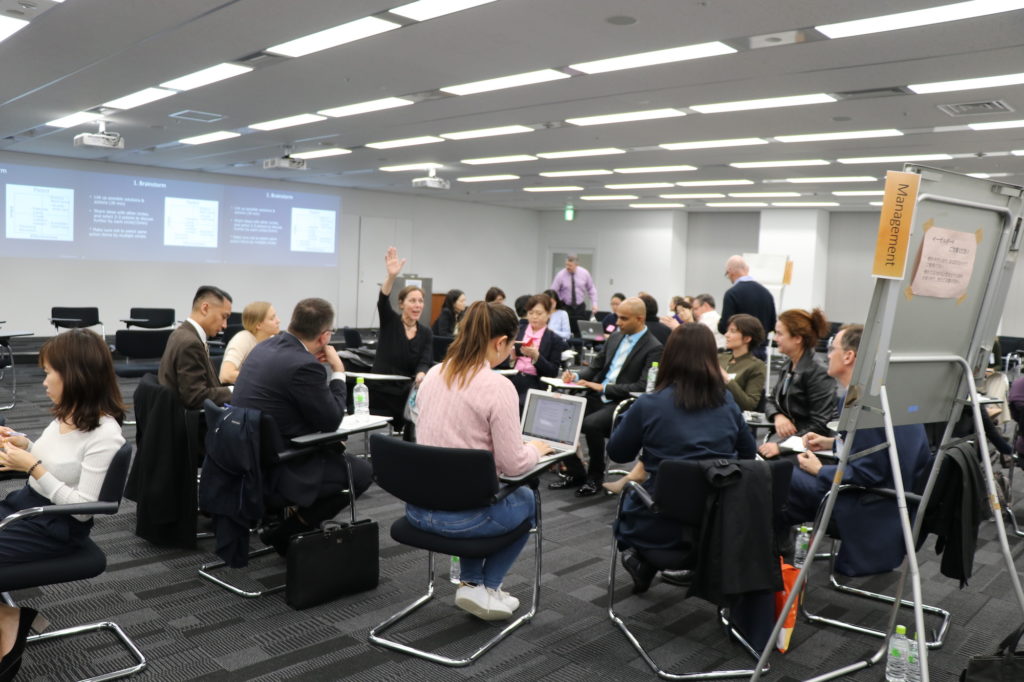
Participants exchange views and opinions during the Deepen the Dialogue’s second event. Photo by Haruka Yoshida.
Issues and concerns that drive participation run the gambit from sexual harassment to pay inequality to issues with daycare and other family needs that are still considered mainly a woman’s responsibility in Japan. One foreign manager in attendance said he showed up not only because he is raising daughters in Japan but also because several longtime female employees left his Tokyo-based company due to harassment while working under male colleagues.
One [participant] said he showed up not only because he is raising daughters in Japan but also because several longtime female employees left his Tokyo-based company due to harassment.
At the previous event in December, a group of about 50 people gave insight as to what the main issues are for them. Building on these initial ideas, the March event sought to discuss inhibitors/concerns for women and ways to improve them while working toward actions or recommendations to improve work culture on a large scale but also within one’s company. One example was daycare. Ideally, companies would have on-site daycare for working parents, however, this might not be realistic for all companies. The group discussion then aimed to generate ideas for “silver” and “bronze” ideas that could still lessen the problem while requiring fewer resources.
Zumbahlen and his team collect and analyze the results of each event and make a plan for how to build on what was discussed for the next workshop. The organized data is also sent out to participating members via an email chain. People new to Deepen the Dialogue can look over it to get up to speed on what happened at previous events. (See below for how to get on that email chain.)
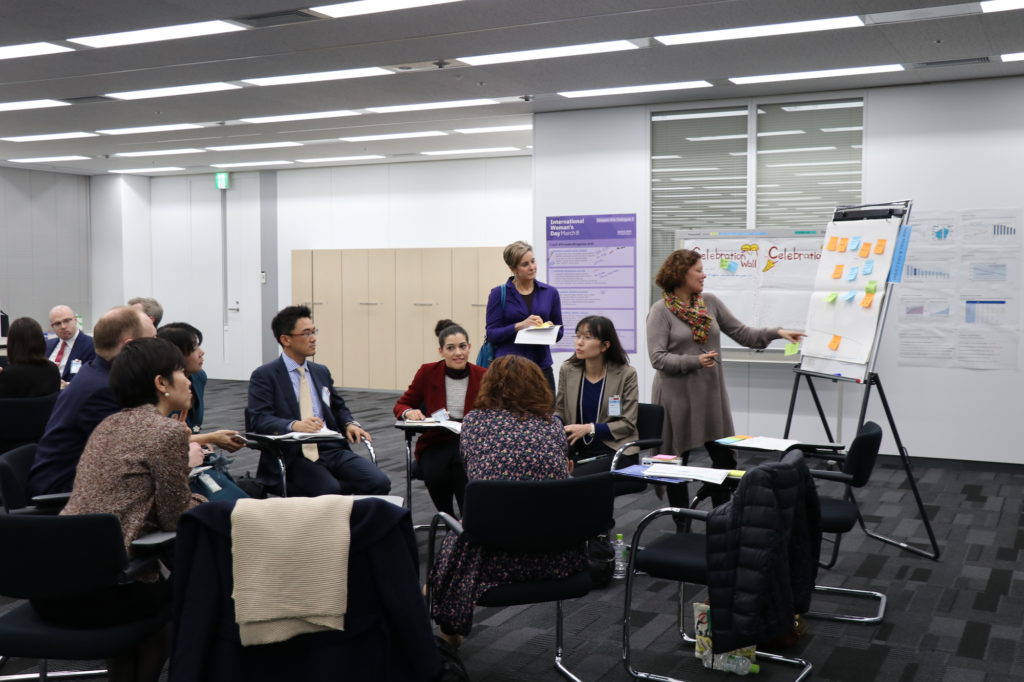 © Photo by Haruka Yoshida
© Photo by Haruka Yoshida
So, why do people care?
Zumbahlen acknowledges Japan still has a long way to go when it comes to gender equality. Out of 144 countries, Japan dropped in the 2017 gender equality rankings from 111 to 114. Moreover, last year was the five-year anniversary of Japan Prime Minister Shinzo Abe’s Womenomics policy to help “women shine” and revitalize the workforce. While data shows the number of women working has increased since its inception, real criticisms remain. Lack of participation in the private sector shows the fact that women in executive roles is 3.7 percent out of all listed companies in Japan according to government data.
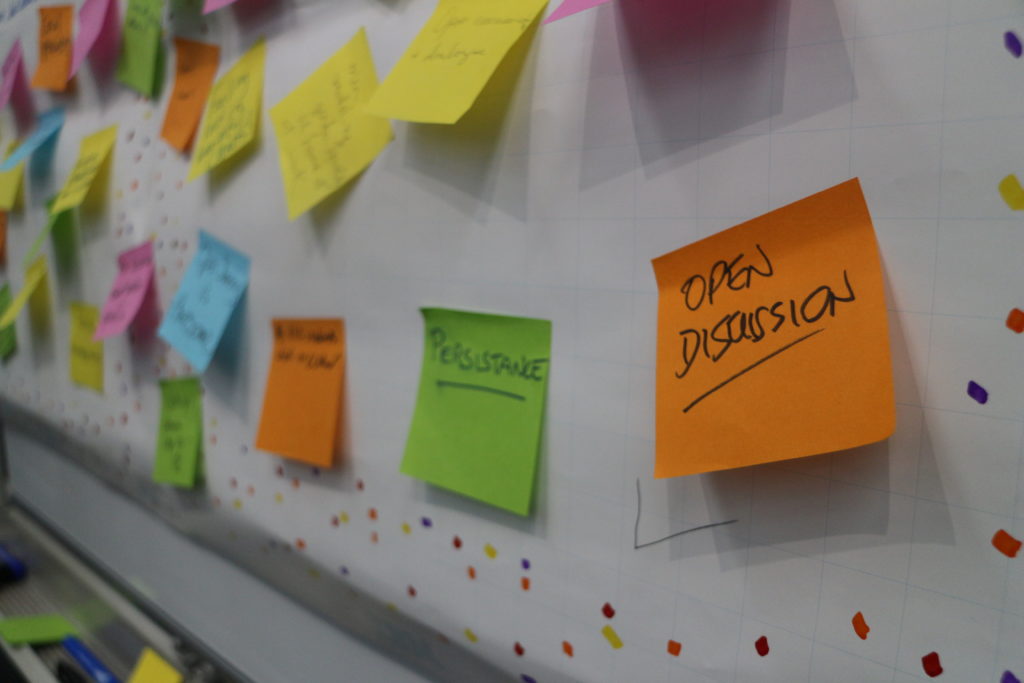
Signs on the walls: Participants at the Deepen the Dialogue workshop in Tokyo post one thing they are currently celebrating (like open discussion!) on the “celebration board” meant to bring a positive vibe. Photo by Victoria Vlisides.
Zumbahlen recognizes the “very long road” ahead but only uses this as fuel. Despite a recent E&Y survey for Japan that shows gender parity will be achieved in more than 200 years (about the time the world of Star Trek is set in), he says a “strategic, thoughtful, systemic and sustainable” approach is necessary to see real results.
Part of the lasting synergy of this movement is connecting a diverse group working toward the same goal. Shinkai, a UK-native who’s lived in Japan since 1999, said she hopes DTD will focus on creating more fulfilling work environments for all employees regardless of gender.
“Inclusion is important for all stakeholders, not just minority groups,” she said.
How to get involved
If you want to get updates about Deepen the Dialogue, join the email chain by sending a message to DIVERS@jp.ibm.com, or follow the Peatix Group for info on the next event that is expected in the next few months.













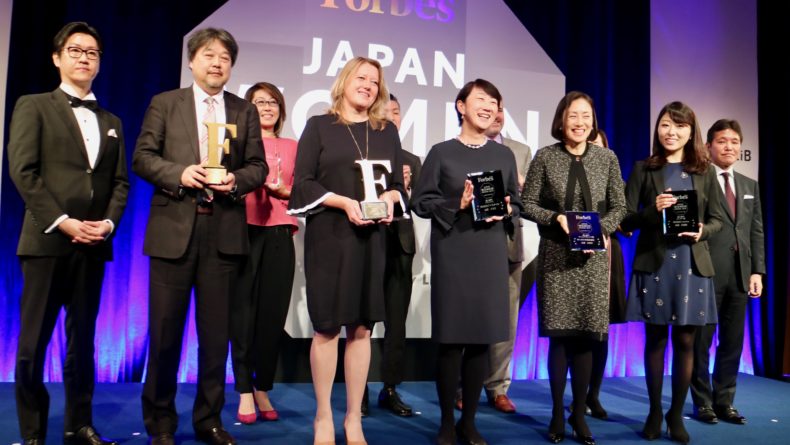
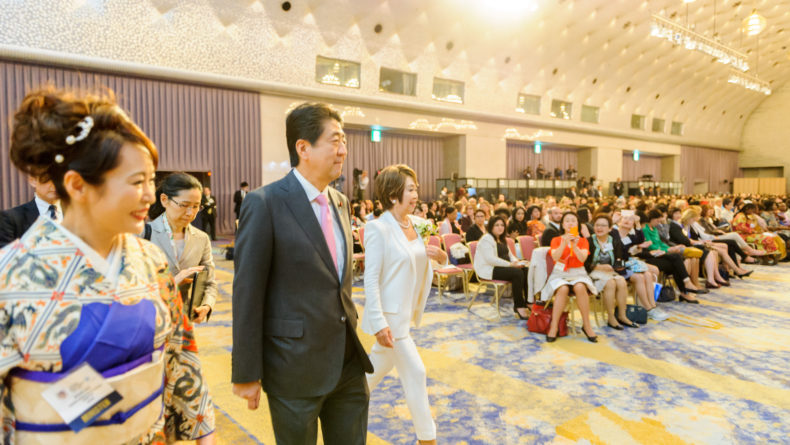
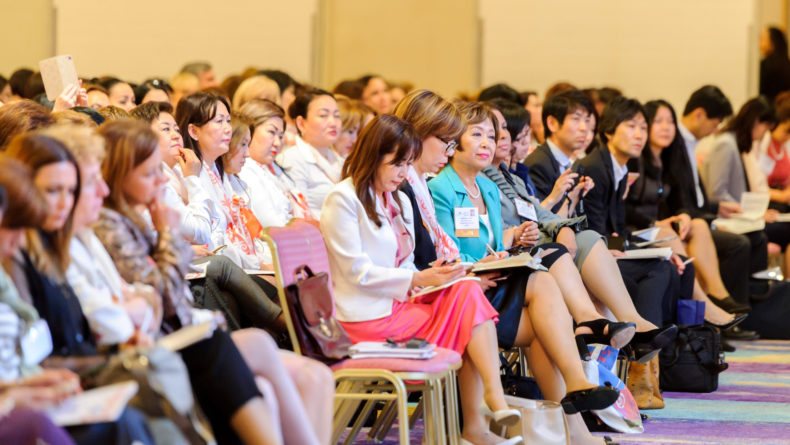
Leave a Reply